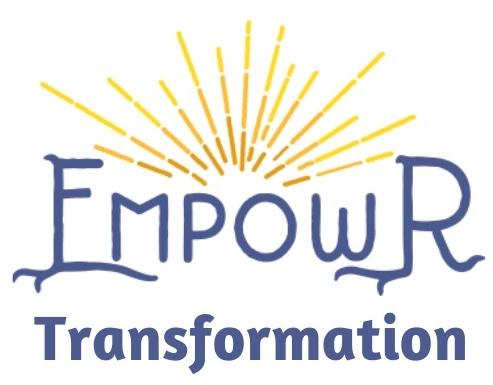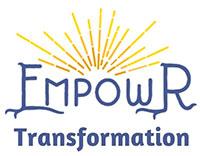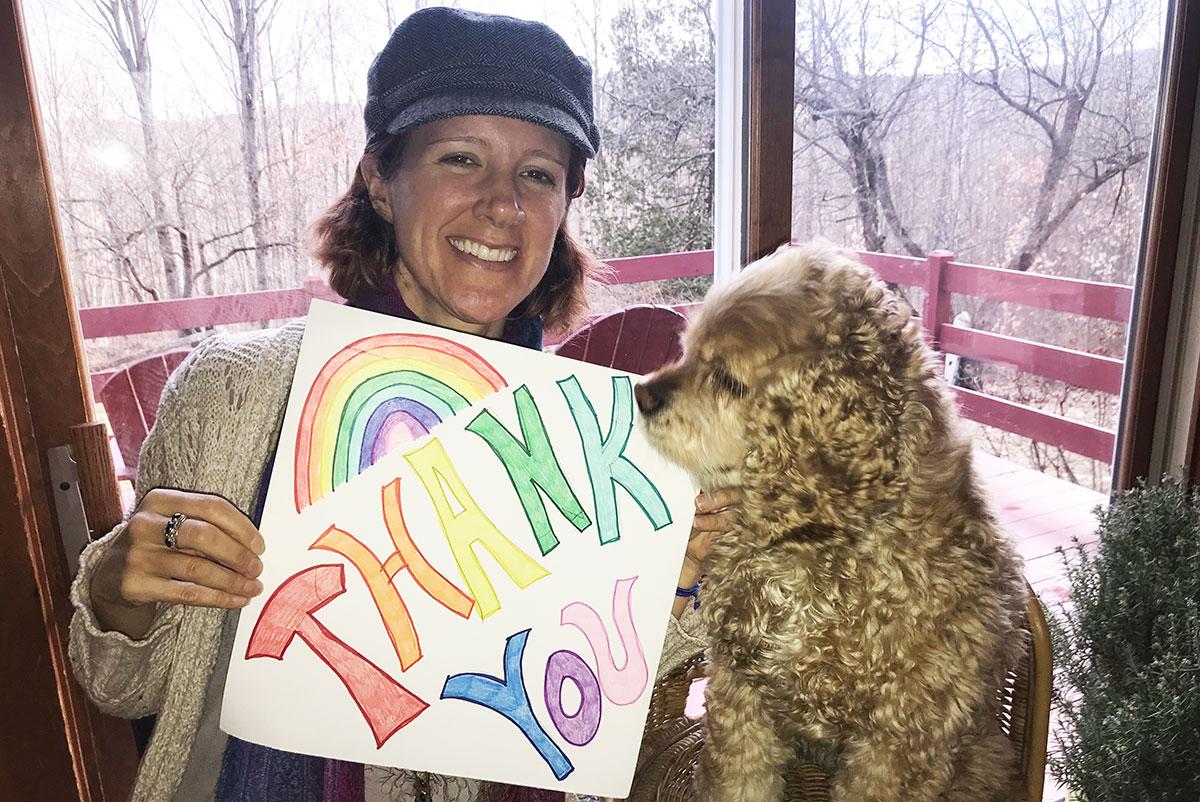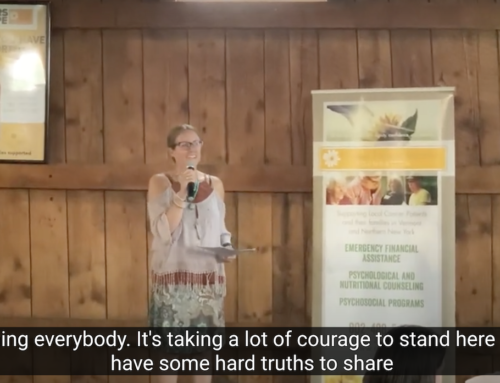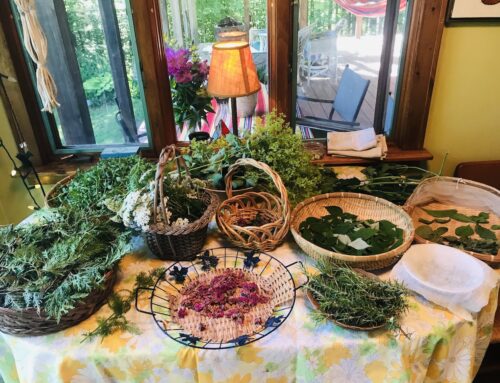A breast cancer diagnosis at age 41 in 2018 tore my life apart and then put it back together again. Cancer presents serious physical, mental, emotional, and financial burdens, which are difficult to understand unless you have experienced it personally. Living in rural Vermont with family and friends far away made it even more difficult. Being relatively young, I realized the people I knew and loved, both in Vermont and outside, had no experience supporting someone with cancer, which added an additional layer of isolation.
Cancer is frightening and many people are not able to address feelings connected to deep fear and mortality, which often means avoiding the topic — or people with cancer. Well-intentioned words and actions can unfortunately have negative and hurtful impacts, part of why communication is one of the more challenging components of a cancer diagnosis.
From my personal experience facing breast cancer, I offer the following suggestions for how to communicate with a friend, neighbor, colleague, or family member with cancer.
What to do
Be In Touch for the Long Haul: Texts, messages, emails, voicemails, and cards help us know people are thinking of us. Don’t take it personally if we don’t respond, and don’t give up — we WANT TO HEAR FROM YOU and knowing that you care helps. Please understand that repeating our story can be very traumatic, especially in the early parts of a diagnosis or treatment. But, later on, we may really crave a conversation with you.
Mail a Gift Package: Simple, useful, and soft gifts in the mail can add feelings of love and gratitude to the day. I really appreciated receiving homemade cards and art, cozy socks, tea, journals, window prisms, and anything that portrayed warmth, comfort, or light.
Send Money or Gift Cards: Cancer is expensive and every bit helps. The financial burden impacts everyone, even if we have health insurance. Coop gift cards were a favorite and most of us need supplements and more nourishing foods, which are expensive.
Don’t Wait To Be Asked For Help: Respect how the person with cancer and their caregiver choose to communicate. If there is a meal train, a care calendar, a Go Fund Me, or other form of support set up and shared through social media or community, consider yourself asked. Please don’t be offended if we are not able to reach out to you individually.
Ask What Support is Needed: “Let me know if you need anything, I’m here for you” is a challenging statement to hear. As is offering support when you are not informed of what is needed. Ask the caregiver how you can help ease their burden and understand they may be inundated early on, so please keep offering throughout treatment and recovery. Can you start or manage a meal train, care calendar or Go Fund Me? Drop off fresh or frozen food? Give rides or pick up items at the store? Watch children and pets? Help do some yard work or housework? When might the person with cancer OR the caregiver want a visit?
What to say
You actually don’t have to say very much at all. Stay in touch beyond the initial diagnosis and first stage of treatment and don’t disappear. Actions speak louder than words, so see above.
Share stories. Tell us about something you really appreciate about us or positive impact we’ve had on your life. Or tell us about something happening in your life — it can be a welcome break to take the focus away from cancer.
Talk to your own friends and family. Your feelings about health, illness, fear, and mortality are important to process with someone you trust, just not the person with cancer.
Reframe questions:
- ASK “What are you doing today” or “How are you feeling today?” INSTEAD of “How are you?”
- ASK “What have you learned recently?” INSTEAD of “How have you been?”
- ASK “Where are you at in treatment?” INSTEAD of “Do you have to have chemo?” or “Are you in remission?”
Please do not
Don’t assume. All cancers are different. There are many stages and types. Not all cancers are life threatening and not all treatments are the same.
Don’t make it about you. Your own fear about mortality, the loved one you lost, the article you read, or your advice or opinions about our treatment plan or decisions are intimate details that may be appropriate if we’re having an intimate conversation, but not for you to send in an email or share when you see us at the store.
Don’t give gifts with sugar or alcohol. Both of these feed cancer. But also don’t judge that we drink or eat sugar. In fact, please don’t judge us at all.
Cancer is overwhelming, especially at the beginning when everyone wants to help. A few months in is when I really needed the most love and support and at times it was hard to find. Losing friends and family to judgement and assumptions was very painful. Many people who I thought would be there for me disappeared. However, one of the most beautiful parts of my journey was when people I didn’t know very well showed up and offered the acts and words I share above. I built new friendships out of my experience with cancer that are based in reciprocal compassion and for that, I am deeply grateful.
Rae Carter, EmpowR founder, offers healing sessions for people at any stage of a cancer diagnosis or in remission.
This article was originally published in October 2019 in multiple publications around Vermont.
Please consider becoming an EmpowR Patreon to join our community of co-creating change!
